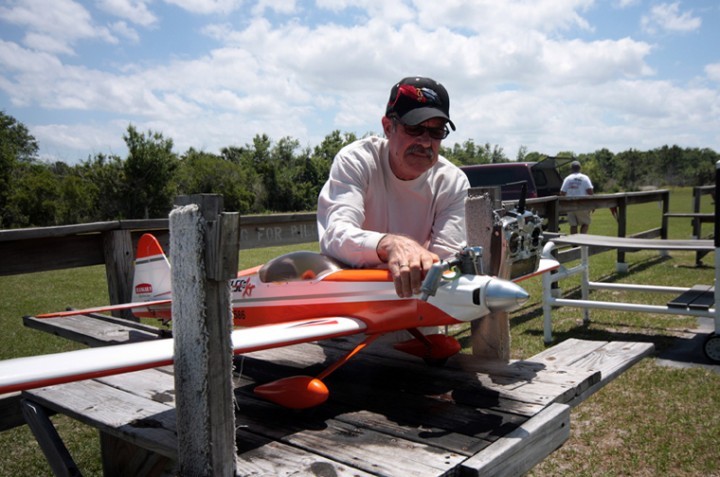
VERO BEACH — The Vero Beach City Council approved two ordinances Tuesday after members of the public, committees and unions spoke for about two hours and the packed house cleared.
Public comments covered issues ranging from the police department budget to the off-leash dog area to the protection of the live oak hammock on the grounds of Beachland Elementary School, but council actions dealt with economic development and model airplanes.
The council approved a ban on remote control airplanes in city parks, as police had asked the council to act to curb what they deemed as the unsafe flying of those planes in Riverside Park. The original ordinance also included remote control cars and boats, but council members on May 1 said that was excessive and limited it to planes.
The ordinance gives the city manager the power to issue a permit to a person who shows certain credentials and proof of insurance coverage to responsibly fly planes in the park.
The second ordinance passed after a failed attempt to table the matter of a measure to allow the setting up of economic development zones within the city. Property values within those zones — the first of which would most likely be the Downtown or also called the Main Street area — would be used as a benchmark and any taxes collected based upon increased property values would go into a special fund to improve that geographic area.
Main Street Vero Beach President Janie Graves Hoover spoke in favor of the ordinance, which has been an issue of Councilman Jay Kramer.
“Property owners would and should be enthused about a funding mechanism such as this,” she said.
Vice Mayor Craig Fletcher pushed to amend the ordinance with a “sunset” clause limiting the number of years the special districts would be allowed.
“I have a real aversion to passing something that is in perpetuity for generations to come,” Fletcher said.
Mayor Pilar Turner said she was concerned that the ordinance was “very vague” and didn’t seem to accomplish anything.
“It’s supposed to be a little vague,” Kramer said.
The ordinance passed on a second reading with the addition of a 20-year sunset clause. The next step would be to work with downtown merchants and constituencies in other business districts to see if there is sufficient interest in establishing these districts.
The city council also reviewed the audited financial reports for the fiscal year ending Sept. 30, 2011 and tabled a resolution related to the capping of employee paid time off. The staff was instructed to bring the matter back with changes and to apply the new policy not only to new hires but also to management personnel who are not represented by a union.



